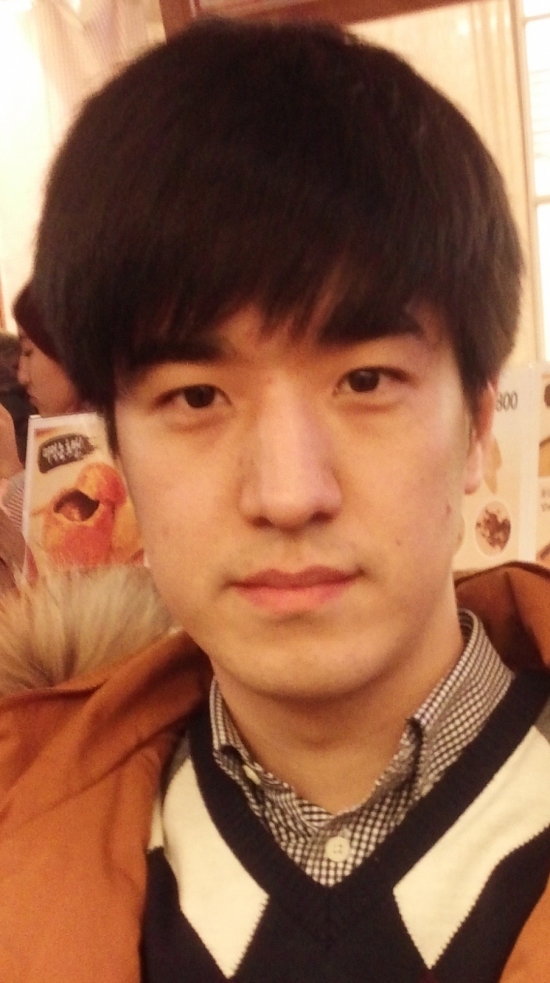Dissertation Defense
Ultra-low Power Circuits for Internet of Things (IoT)
Add to Google Calendar

Miniaturized sensor nodes offer an unprecedented opportunity for the semiconductor industry which led to a rapid development of the application space: the Internet of Things (IoT). IoT is a global infrastructure that interconnects physical and virtual things which have the potential to dramatically improve people's daily lives. One of key aspect that makes IoT special is that the internet is expanding into places that has been ever reachable as device form factor continue to decreases. Extremely small sensors can be placed on plants, animals, humans, and geologic features, and connected to the Internet. Several challenges, however, exist that could possibly slow the development of IoT.
In this thesis, several circuit techniques as well as system level optimization are described to meet the challenging power/energy requirement for the IoT design space. First, a fully-integrated temperature sensor for battery-operated, ultra-low power microsystems is presented. Second, an ultra-low power oscillator designed for wake-up timers in compact wireless sensors is presented. Third, an 8-bit sub-ranging SAR ADC for biomedical applications is discussed that takes an advantage of signal characteristics. Finally, an ultra-low power acoustic sensing and object recognition microsystem that uses frequency domain feature extraction and classification is presented.
 MENU
MENU 
